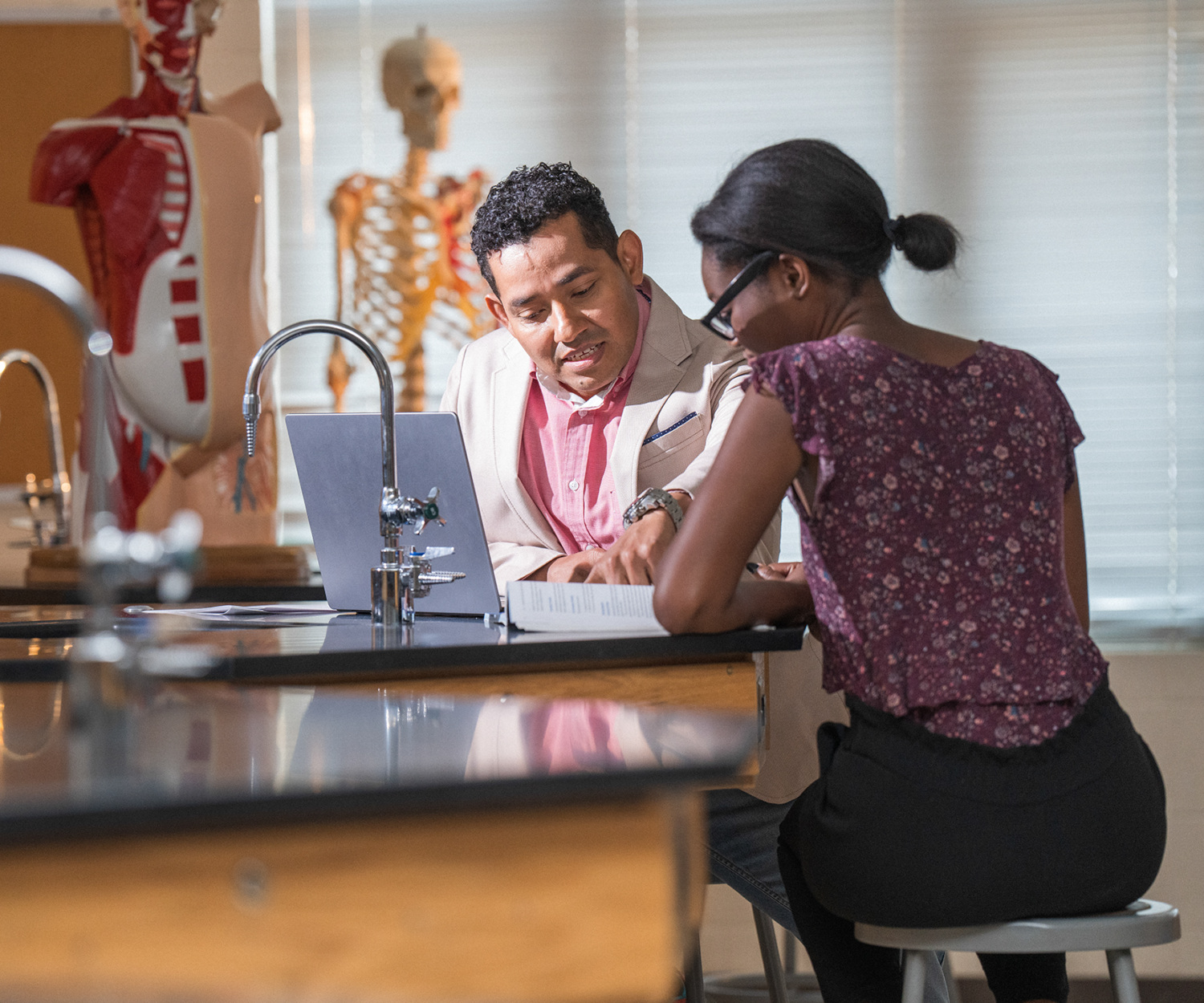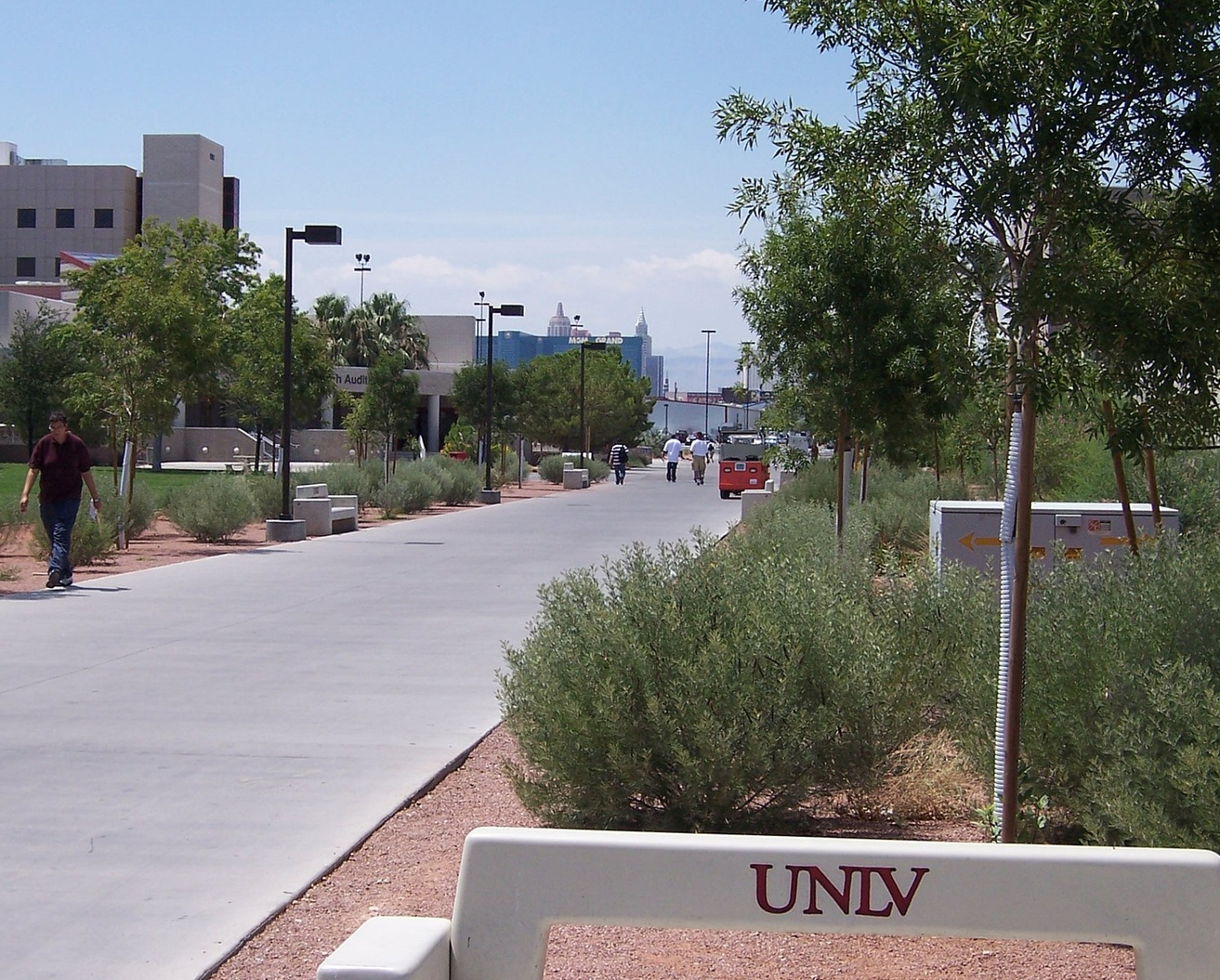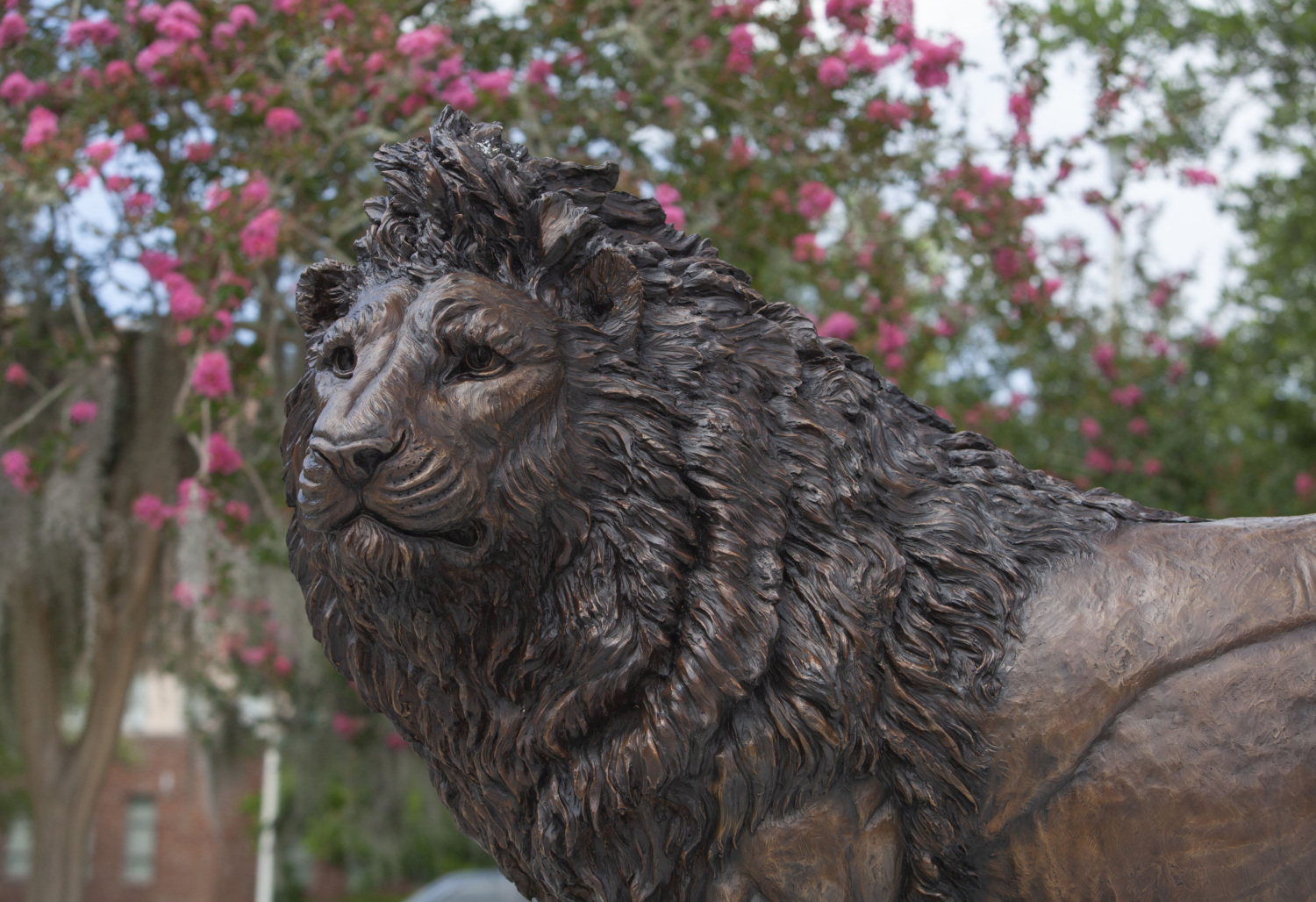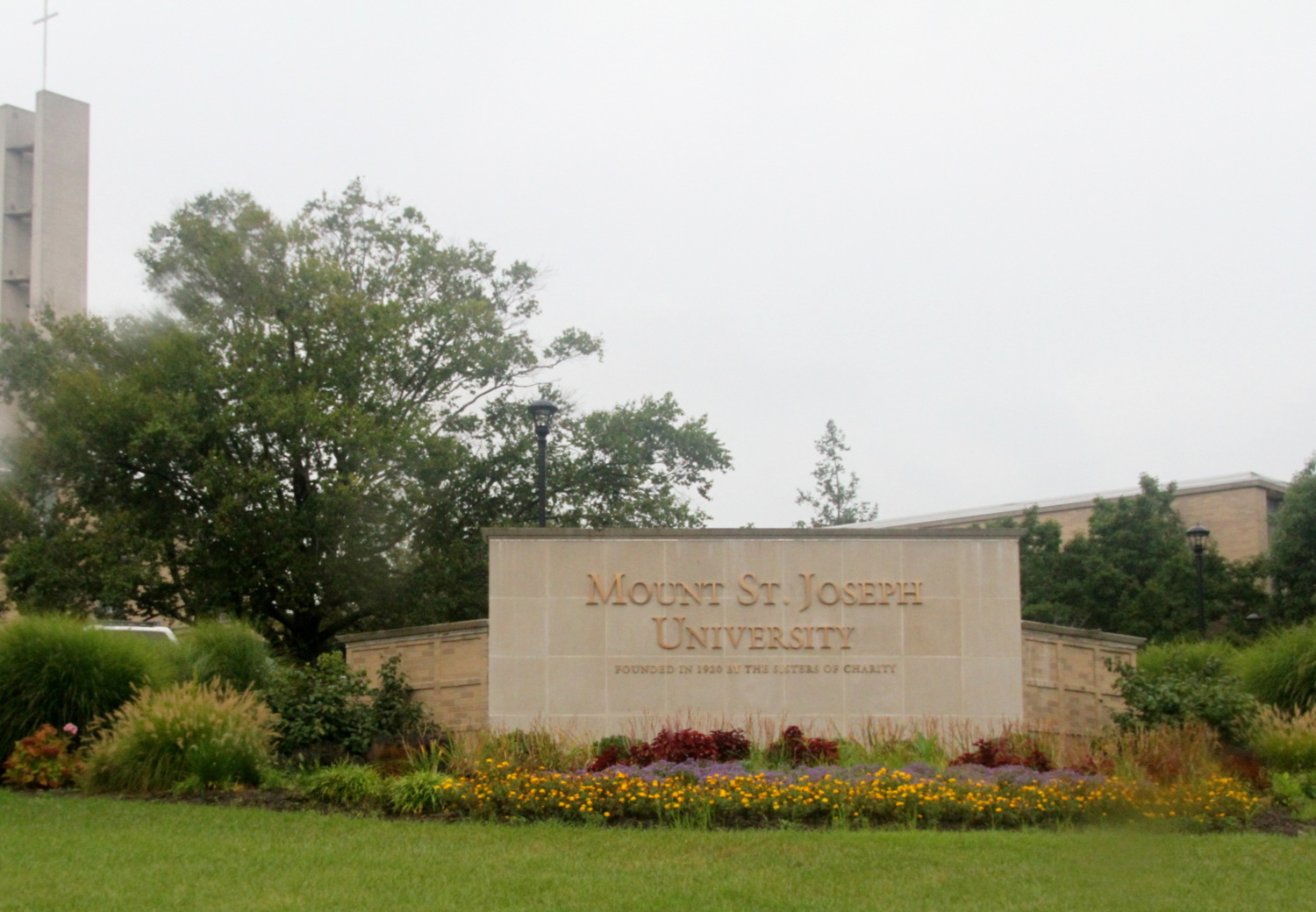Why this matters
Teaching is a complex job that requires practitioners to plan carefully for instruction and also to respond to students on the spot at every moment. To prepare for this career, aspiring teachers need field experiences that grow in difficulty, focused on using high-quality curricula and supplemented by opportunities to engage in additional activities like parent-teacher conferences and Individualized Education Program (IEP) meetings. All of these experiences should be coupled with feedback and coaching to help candidates improve, which can make them more effective when they have a class of their own.1
What the field says
In NCTQ surveys, two-thirds of school districts and 94% of prep programs agreed that clinical opportunities should be woven throughout a candidate’s preparation, and 70% of prep programs report currently embedding clinical experiences prior to full-time student teaching.
Key Components and Actions
Student teacher observation forms
The quality of an observation instrument can greatly improve the feedback that candidates provide.
Early field experiences
Full-time student teaching should not be an aspiring teacher’s first time working with students.
Meet the case studies
Results

Western Governors University

University of Nevada, Las Vegas

Texas

Spokane Public Schools

Southeastern Louisiana University

Mount St. Joseph University

Michigan

Charlotte-Mecklenburg Schools
Questions to consider
- What early field experiences do candidates receive?
- What skills should candidates practice, how are those experiences scaffolded, and how do candidates receive feedback?
- What experiences are student teachers given to explore and implement high-quality instructional materials, both prior to and during clinical practice?
- What resources do student teachers need to be able to implement high-quality instructional materials?
- What observation instruments are used to give feedback to student teachers?
- In what ways do the observation instruments align (or not) with the prep program’s expectations and expectations for candidates once they become in-service teachers?
- How are observation instruments differentiated based on the type of experience (e.g., an early fieldwork experience vs. full-time student teaching) or based on the content or grade the student teacher is teaching?
- What skills and knowledge do novice teachers need to be successful?
- How are you defining learning outcomes for student teachers collaboratively, providing relevant instruction and practice opportunities for teacher candidates, and assessing those outcomes?
Resources
Observation instruments
Tutoring
Embedding high-quality instructional materials
State guidelines
Other materials
References
- Boyd, D. J., Grossman, P. L., Lankford, H., Loeb, S., & Wyckoff, J. (2009). Teacher preparation and student achievement. Educational Evaluation and Policy Analysis, 31(4), 416–440.



